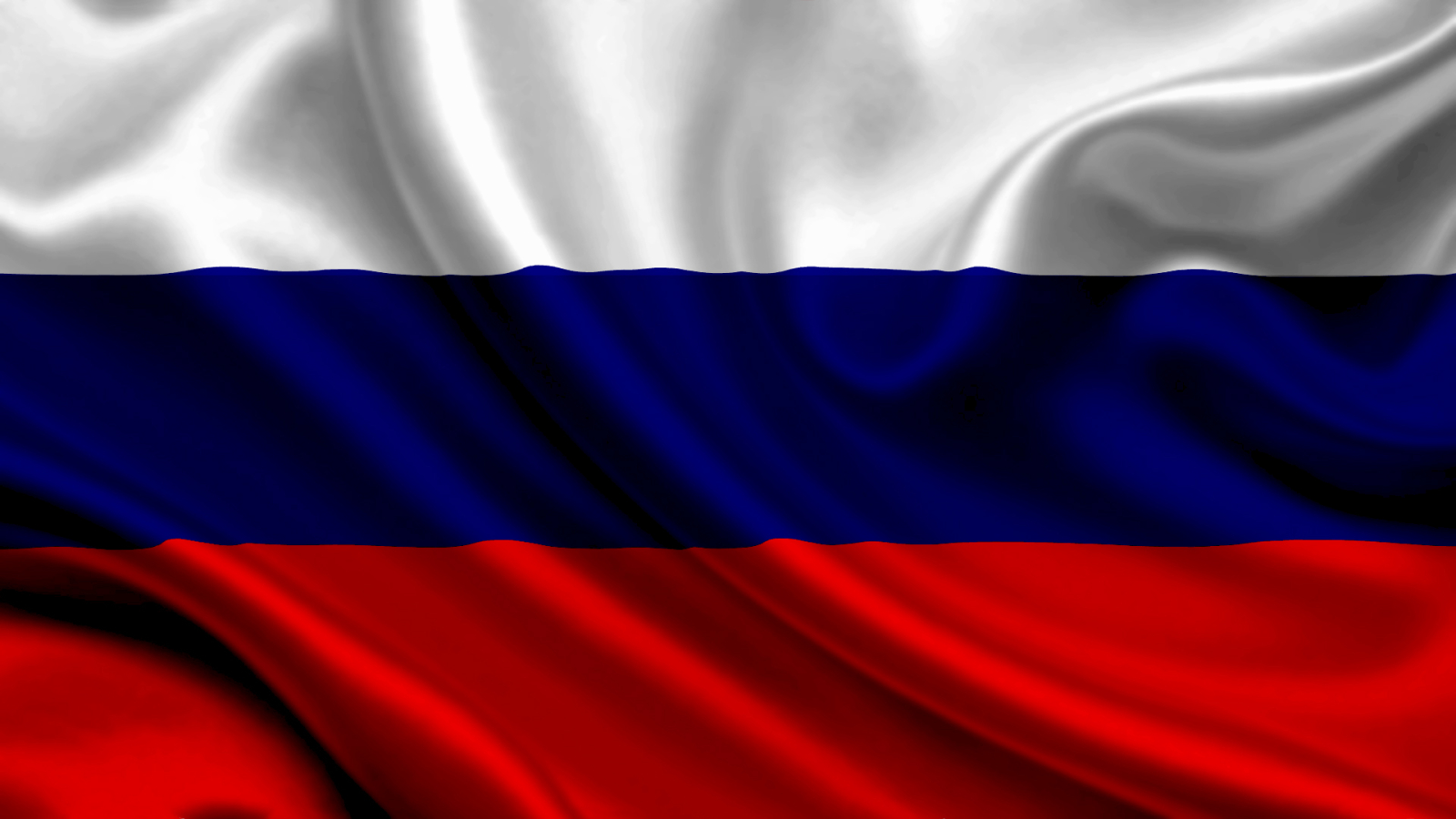
Practical information
This event is dedicated to the Russia/NIS Centre Corporate supports. By personal invitation only.
The increasingly assertive Russia’s foreign policy enabled Moscow to slow down its strategic downgrading and maintain and even consolidate Vladimir Putin’s system. However, that policy is conducted at the cost of a deep deterioration of Russia’s relations with the Euro-Atlantic community, a growing asymmetry with China, a weakening of the national economy—still in need for structural reforms—, and a tightening of control on the Russian society. Has the Putin system the necessary resources to pursue such a path?

Program
9:00-9:30. Introduction by Thomas Gomart, Head of the French Institute of International Relations (Ifri), and Alice Guitton, General Director for international relations and strategy, French Ministry of the Armed Forces
09:30-11:00. Panel 1. Russian domestic policy and economy: ensuring stability or preparing the future?
Moderator: Tatiana Kastouéva-Jean, Director of Ifri’s Russia/NIS Center, Paris
- Has Russia financial, economic and technological self-sufficiency capacities? Agathe Demarais, Europe Director at The Economist Intelligence Unit, London
- Russian defense policy and the new armament program: realities and prospects. Tomas Malmlöf, Senior Analyst at the Swedish Defense Research Agency (FOI), Stockholm
- Russian political system: today's beneficiaries and tomorrow's successors. Ekaterina Schulmann, Associate Professor at the Institute for Social Sciences, Russian Presidential Academy of National Economy and Public Administration (RANEPA), Moscow
11:00-11:30. Coffee break
11:30-13:00. Panel 2. Russia’s channels for influence
Moderator: Bobo Lo, Senior Research Associate at Ifri’s Russia/NIS Center
- Russia and conventional, chemical and nuclear proliferation. Ivan Safranchuk, Associate Professor at the Department of World Politics, Moscow State Institute of International Relations (MGIMO-University)
- Cyber tool: capacities and risks. Andrei Soldatov, Co-Founder and Editor-in-Chief of Agentura.ru website, Moscow
- Is the Russian Orthodox Church a tool for the Kremlin’s influence abroad? Dima Adamsky, Professor at the Lauder School of Government, Diplomacy and Strategy at the IDC Herzliya,Tel-Aviv
13:00-14:00. Lunch
14:00-15:30. Panel 3. Crises: means for asserting Russia’s power and influence?
Moderator: Pavel Baev, Senior Research Fellow at the Peace Research Institute (PRIO), Oslo,
Senior Research Associate at Ifri’s Russia/NIS Center
- The evolving role of Russia in the Middle East. Maxim Suchkov, Editor of Al-Monitor’s Russia-Mideast coverage, Senior Fellow and Associate Professor at the Moscow State Institute of International Relations (MGIMO-University), non-resident Expert at the Russian International Affairs Council (RIAC) and the Valdai Discussion Club, Moscow
- After the Trump-Kim summit: which role for Russia in the North Korean crisis? Artyom Lukin, Associate Professor and Deputy Director for Research at the School of Regional and International Studies, Far Eastern Federal University, Vladivostok
- Is Russia back to Africa? Arnaud Kalika, Head of Security, Compliance and Strategic Intelligence, Meridiam, Paris
15:30-15:45. Coffee break
15:45-17:15. Panel 4. The post-Soviet space and Russia: an impossible distancing?
Moderator: Régis Genté, Journalist and Consultant based in Tbilisi
- Ukraine before the elections: toward Porochenko II? Dominique Arel, Associate Professor
in Political Science and Chair of Ukrainian Studies at the University of Ottawa - Has Armenia any room for maneuver between Russia and the West? Mikayel Zolyan, Associate Professor at Yerevan State University of Languages and Social Sciences
- From the Eurasian Union to “Greater Eurasia”: is integration broken? Andrej Krickovic, Associate Professor at the Faculty of World Economy and International Politics at the HSE, Moscow
17:15-17:30. Concluding remarks by Michel Eltchaninoff, Philosopher and Writer, Editor-in-Chief of Philosophie Magazine, and Tatiana Kastouéva-Jean, Director of Ifri’s Russia/NIS Center
This seminar will be held in English, French and Russian with simultaneous translation, under the Rule of Chatham House.
This event will be held within the framework of the “Russia, Caucasus and Eastern Europe Observatory” with the support of DGRIS (Directorate General for International Relations and Strategy), French Ministry of the Armed Forces.





